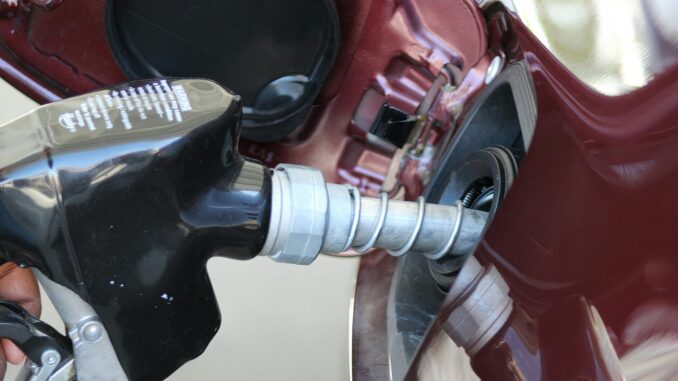
The Department of Energy said oil prices could shoot up if Iran’s oil production is disrupted amid escalating tensions in the Middle East.
This as oil prices extended a rally Wednesday after Iran’s missile attack on Israel fanned fears of a region-wide conflict.
“If the conflict will result to an actual disruption of Iran’s oil production at around 3 million barrels per day equivalent to around 3 percent of the global output, then it will definitely adversely affect the supply thus increasing the price,” DOE director Rino Abad said.
“Without the actual disruption happening to date, any increase attributed to the conflict will be due to speculation,” he added.
Leo Bellas, Jetti Petroleum president, admitted focus is now on the Middle East conflict.
“The oil market has been focused the past days on demand worries due to a weakening global economic outlook. However, it quickly turned toward fears of supply disruptions in the Middle East, following the launch by Iran of around 180 missiles at Israel,” he said.
“MOPS prices are likely to go up following a considerable increase in crude prices due to escalating tensions in the region. While MOPS trading is separate from crude, prices may stay elevated as the risk of war remains,” Bellas added.
Both main crude contracts shot up more than five percent at one point Tuesday after Iran fired dozens of missiles at Israel in response to the killings of Tehran-backed militant leaders.
He Brent futures reached their highest in a month, leaping 3.3 percent to $75.98 a barrel on Wednesday.
US West Texas Intermediate (WTI) crude spiked 3.5 percent to $72.30.
Washington said it was discussing a joint response and warning of “severe consequences” and Israel vowed it would make Iran “pay” for the launch.
Tehran threatened to hit all Israeli infrastructure if attacked.
“The burning question is whether Iran’s missile strike is a one-off response or the start of something much bigger. Most bets lean towards the former, especially with the US stepping in to back Israel,” said independent analyst Stephen Innes.
“Iran’s oil infrastructure could very well be in their crosshairs. Taking a swing at Iran’s oil lifeline could have far-reaching economic consequences, sparking a severe escalation,” Innes wrote in his “The Dark Side Of The Boom” newsletter. With AFP


Be the first to comment